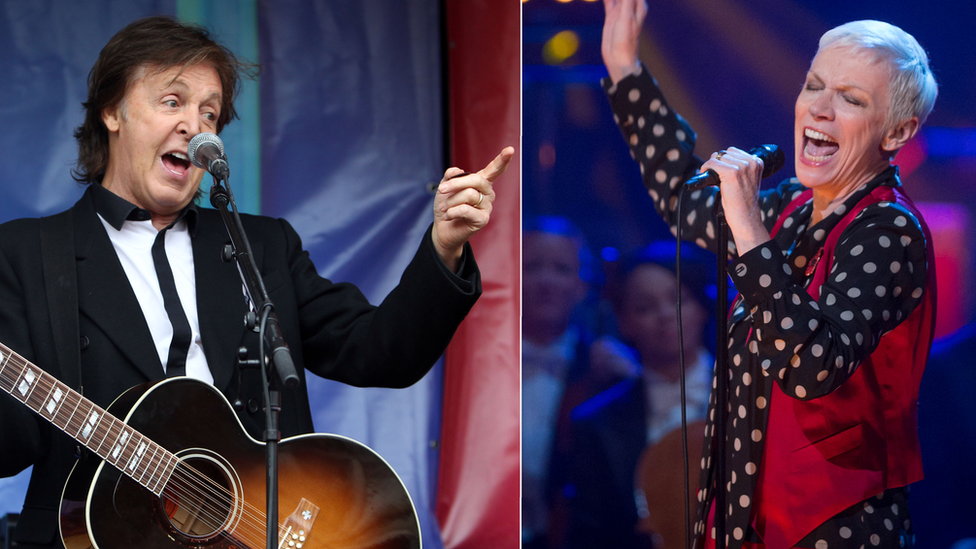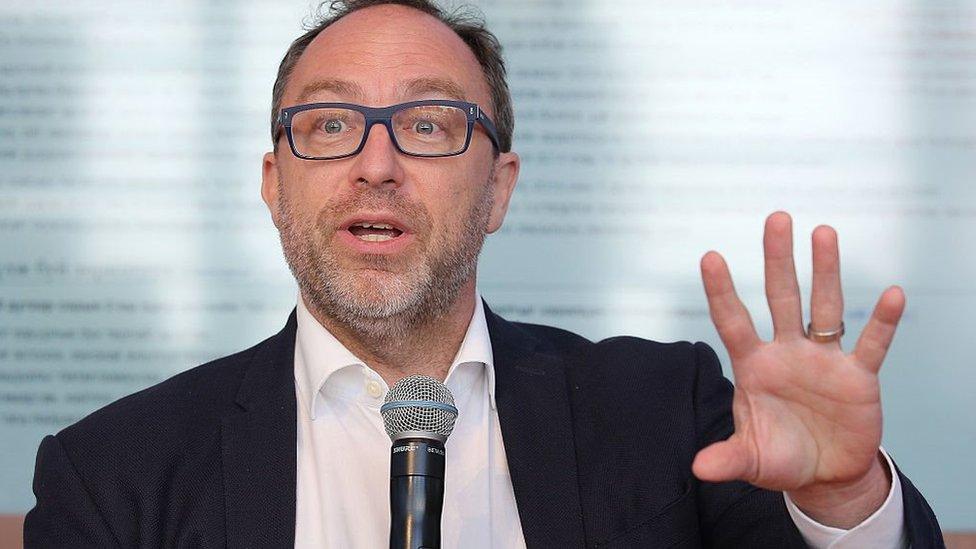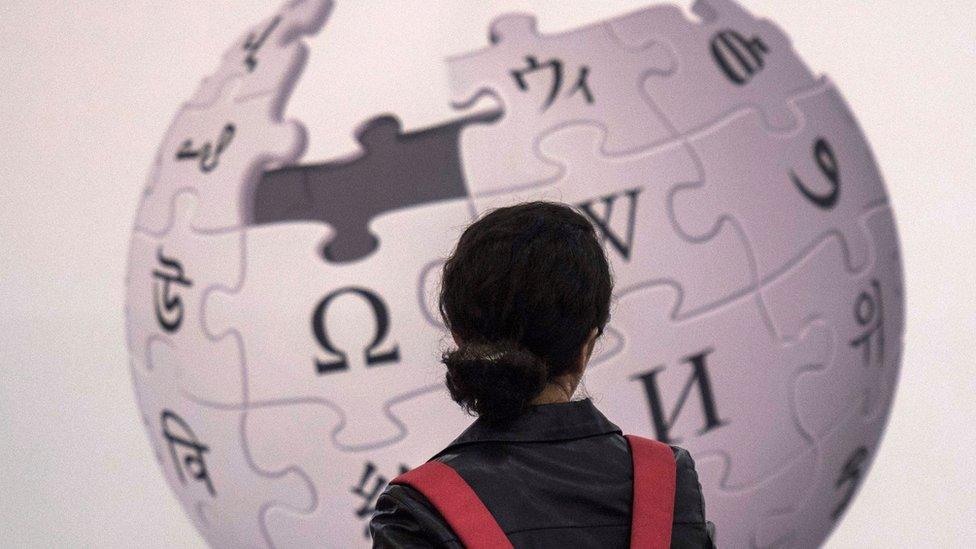Tech Tent – did Silicon Valley win the copyright war?
- Published

The vocal support of Sir Paul McCartney and Annie Lennox was not enough to pass the legislation
Did European politicians succumb to pressure from Silicon Valley and its powerful lobbying machine when they voted down a measure which would have rewarded publishers and artists?
This week's Tech Tent explores the surprise victory for the opponents of the EU copyright directive which ended up being sent back to the drawing board.

Stream or download, external the latest Tech Tent podcast
Listen live every Friday at 14:00 GMT on the BBC World Service
There had been a blizzard of lobbying of MEPs before the vote on Thursday in which they were expected to send the directive to the European Commission and member states for a bit of tidying up before it became law.
Musicians from Sir Paul McCartney to James Blunt and Placido Domingo had backed a reform they said would force tech firms to reward artists properly for their work.
From the opposing camp, web luminaries warned that the directive would see sites big and small forced to introduce filtering systems to spot copyright material, and that risked throwing a blanket of censorship over the internet.
Somewhat to the surprise of these campaigners, that argument won the day, with MEPs voting down the directive. That means it will now be debated in full again in September.
Within 30 seconds of the vote, a press release arrived in my inbox with the headline: "European Parliament succumbs to Silicon Valley pressure, endangering Europe's own creative industries."
It was from News Media Europe, a lobbying group for publishing firms, and was among a number of angry responses. Its message - big tech is taking the bread out of the mouths of artists and journalists, and MEPs are letting them get away with it.
But when Jimmy Wales popped into Tech Tent an hour after the vote he told us it was wrong to frame this argument as big tech versus old media. The founder of Wikipedia has been one of the most vigorous opponents of the copyright directive, despite the fact that the online encyclopaedia has been given an exemption from its provisions on filtering content.
He believes that Google's YouTube, which already has a sophisticated system to detect copyrighted material, and Facebook, which could afford to build one, would emerge unscathed - indeed he says the proposed law would entrench them further.
"It would be the smaller players, the new competitors, the upstarts who would be faced with this new regulation for technology they certainly couldn't afford to develop on their own," he says.
"We should be very concerned about handing even more power to the Googles and Facebooks of the world."

Jimmy Wales: "Wikipedia is neither big content nor Silicon Valley"
He thinks Wikipedia was influential in changing the minds of MEPs because it is neither "big content" nor Silicon Valley. "We don't tolerate copyright violations... we are small creators who are creating things and giving them to the world on the internet and that's a different voice."
He believes that the politicians realised that the comprehensive web filtering envisaged by the directive might not be the answer if it affected ordinary users of the internet.
When the legislation is debated again in the autumn, the lobbying will intensify. Expect one side to talk a lot about struggling artists rather than the interests of Sky or Sony. The other will want the politicians to think about Wikipedia editors and Mumsnet users, not Google and Facebook.
But both believe there is a lot to play for - the health of the creative industries and Europe's ambition to be a digital superpower could be at stake if the MEPs make a dog's dinner out of the new copyright law.
Stream or download, external the latest Tech Tent podcast
Listen live every Friday at 14:00 GMT on the BBC World Service
- Published5 July 2018

- Published15 June 2018

- Published3 July 2018
